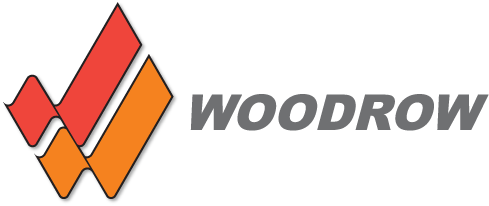
In the world of aviation safety, every component has a purpose. Among these components, aerospace labels are essential in ensuring aircraft systems’ integrity and reliability. Despite being often overlooked. These labels serve a crucial purpose in the safe operation of an aircraft. Now, let’s dive into why these labels are essential and how they contribute to aviation safety.
Compliance:
Aviation operates within a highly regulated environment governed by strict standards and regulations. Additionally, aerospace labels ensure compliance with these regulations by providing essential information about aircraft components. From serial numbers to manufacturing dates and safety warnings, aerospace labels help aircraft operators follow regulatory requirements.
Traceability and Quality Assurance:
Traceability is essential in aviation maintenance and safety protocols. Moreover, aerospace labels with unique identifiers enable tracking components throughout their lifecycle, from manufacturing to installation and maintenance. Consequently, this traceability improves quality control, facilitates maintenance scheduling, and identifies potential issues or defects. By ensuring traceability, aerospace labels contribute to maintaining the highest standards of quality assurance and safety in aviation.
Safety Precautions and Hazard Communication:
Safety is vital in aviation because the consequences of errors can be horrific. Additionally, aerospace labels are crucial in communicating safety precautions and warnings to aircraft personnel. These labels provide clear instructions regarding handling, storage, and usage and warnings about temperature limits, pressure thresholds, and other potential hazards. Consequently, aerospace labels help reduce risks and protect aircraft and personnel by communicating safety information.
Maintenance and Service Guidance:
Proper maintenance is critical for the safe and reliable operation of aircraft. Moreover, aerospace labels provide essential maintenance and service information, including inspection intervals, lubrication requirements, and replacement schedules. As a result, this information ensures that aircraft are properly maintained, minimizing the risk of mechanical failures or malfunctions during flight. By following the guidance on these labels, aircraft operators can get the most out of their aircraft.
Environmental Considerations:
Aircraft operate in many different environmental conditions, ranging from extreme temperatures to high altitudes. Additionally, aerospace labels often include environmental specifications relevant to these operating conditions. Consequently, these specifications ensure that aircraft components are designed and tested to withstand flight hazards. Following environmental specifications ensures the aircraft components’ durability, reliability, and safety.
Counterfeit Prevention and Authentication:
Counterfeit aircraft parts pose a significant risk to aviation safety and reliability. Additionally, aerospace labels often have security features such as holograms, tamper-evident seals, and unique identifiers to prevent counterfeiting and unauthorized replication. Consequently, by providing authentication and anti-counterfeiting measures, these labels help keep aircraft safe against potential threats and ensure the integrity of the aviation supply chain.
Data Management and Integration:
Aerospace labels contain machine-readable barcodes or RFID tags, allowing automated data capture and integration with digital systems. Consequently, this digitization improves processes, enhances data accuracy, and enables real-time monitoring and analysis. Moreover, integrated data management systems support predictive maintenance, inventory management, and decision-making, ultimately improving operational efficiency and reducing costs.
Bringing it All Together:
In conclusion, aerospace labels are crucial in maintaining safety, compliance, and efficiency in aviation operations. Furthermore, these labels fulfill essential functions for safe and reliable aircraft operation, from regulatory compliance and traceability to safety communication and counterfeit prevention. As the aviation industry continues to evolve, the importance of aerospace labels will only increase.

